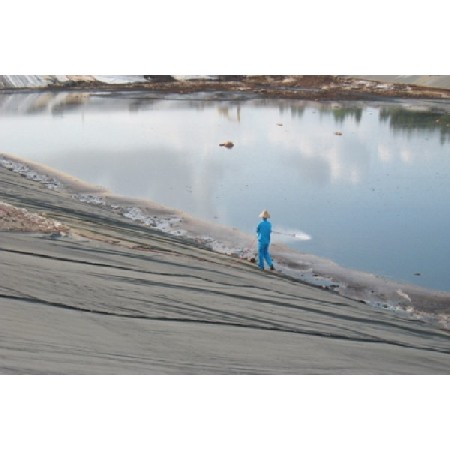Deodorant Manufacturers: Differences between Microbial Deodorants and Traditional Deodorants
The waste that is not needed in our daily life and work is called waste. Due to the large amount of waste discharged and the complex categories, there are great difficulties in reducing waste and deodorizing. Currently, the main methods for waste treatment include landfill, combustion, and composting, among which the composting skill is to treat organic waste in a green manner. Both landfill and combustion will have an impact on the natural environment. The odor generated by waste includes various organic substances, such as leftover food, rotten vegetables and fruits, feces, etc. Due to poor ventilation and the effects of microorganisms, some chemical reactions may occur, which then form odor gases, collectively known as waste odor. Especially in the scorching summer, the smell of passing by the waste disposal station is overwhelming, just wanting to leave quickly.
There are several types of waste deodorization nowadays, such as microbial deodorization, plant agent deodorization, chemical deodorization, etc. Among them, microbial deodorization is more environmentally friendly than the other two, with less impact on the environment. It dissolves odors based on the biological oxidation effect, even if the deodorization scope is wide. Moreover, it can suppress harmful bacteria based on the average effect of biological bacteria, making it impossible to produce odors anymore.

What are the outstanding points of comparing microbial deodorants with traditional chemical products? The use of organic chemical products for deodorization always results in organic chemical residues, which are likely to produce adverse reactions or cause new pollution to the environment. Although organic chemical products can mask the odor, they cannot suppress its generation and hinder its emission. Microbial deodorants utilize natural differentiation and active biochemistry, and will not cause the above problems.
Compared to the two, microbial deodorants can remove odors, accelerate the metabolism of organic chemicals, and reduce the accumulation of solid chemicals. Microbial deodorants have advantages that traditional deodorization cannot match, and their development and usage prospects are still very promising.
Article source: Deodorant manufacturer http://www.scneng.com.hk/
-
06-11
"Environmental Doctor" Du Siyuan: Environmental Protection is a Lifestyle Attitude
There is a Hong Kong compatriot in Jiangmen who often frequents various farms and plantations, walks in mechanical factories, and is seen by others as the nemesis of environmental problems. He conside
-
03-16
Deodorant manufacturer: Deodorants reduce soil pollution
Waste is a chaotic mixture of various components. The accumulation of debris on the surface of soil can cause some chemical reactions, releasing harmful gases, which can lead to soil pollution and eve
-
12-01
Deodorant Manufacturers: Differences between Microbial Deodorants and Traditional Deodorants
The waste that is not needed in our daily life and work is called waste. Due to the large amount of waste discharged and the complex categories, there are great difficulties in reducing waste and deod
-
11-08
Application of Deodorant Manufacturers in Domestic Waste Treatment
Garbage is the waste generated in everyone's daily life and work. Due to its large discharge volume and complex and diverse composition, it poses great difficulties in reducing and deodorizing wa
